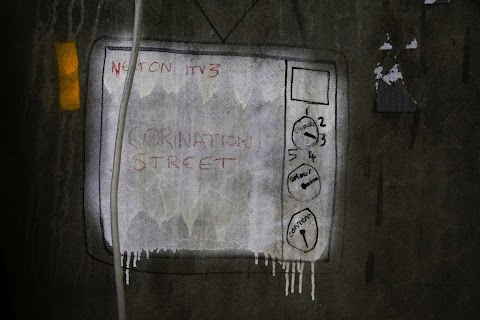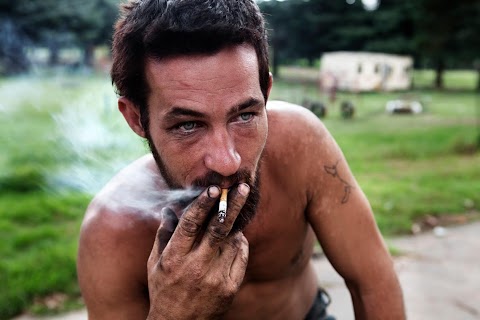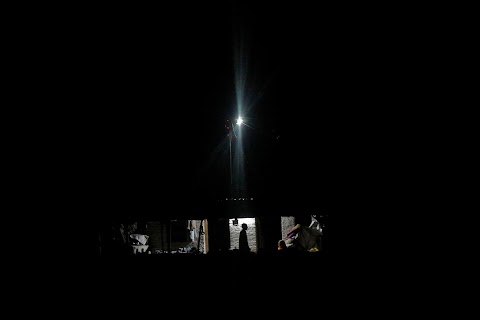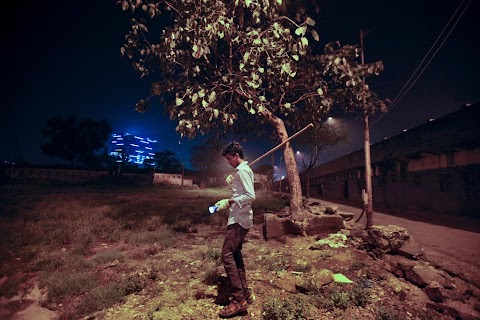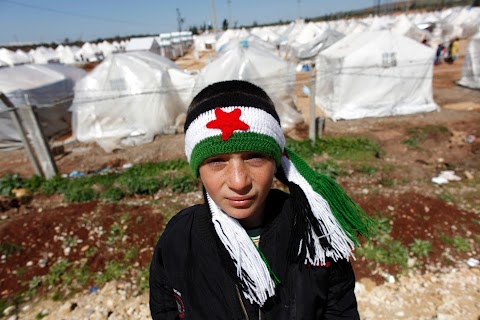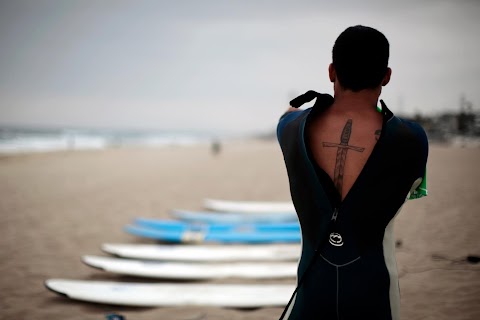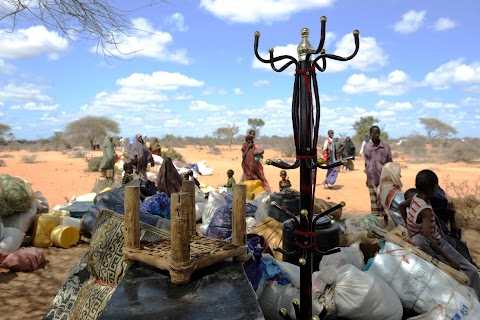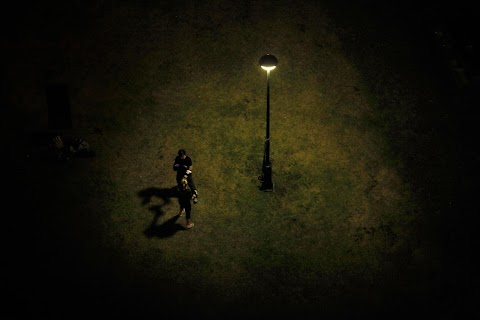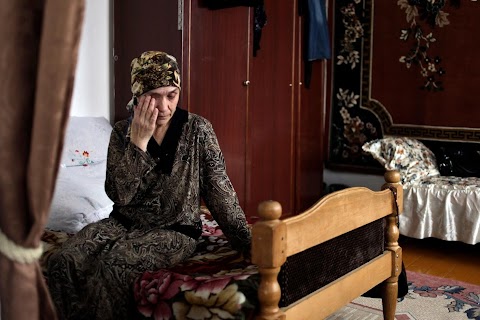
A mother's remorse
Three weeks after her son's suicide-bomb attack on Russia's busiest airport, Roza Yevloyeva sits crying on his bed in their home in Ingushetia, a region in the troubled North Caucasus. Magomed Yevloyev, 20, killed 37 people when he set off explosives strapped to his body at Moscow's Domodedovo airport on January 24, 2011.


Story
Mother of Russian airport bomber ashamed, says sorry
Speaking softly through tears in her family's tiny home in the North Caucasus, Roza Yevloyeva apologised for her son's suicide bomb attack on Russia's busiest airport three weeks earlier.
Magomed Yevloyev, 20, detonated explosives strapped to his body at Moscow's Domodedovo airport on Jan. 24, 2011, killing 37 people. Analysts say the attack was proof the Kremlin has failed to quell a bubbling Islamist insurgency along its south.
"We commiserate, and we extend a very big apology to the whole world," Yevloyeva told Reuters in her first interview with foreign press in the town of Ali-Yurt in Ingushetia, part of the patchwork of southern Muslim regions making up Russia's volatile North Caucasus.
"We are so ashamed, so bitterly sad. We really worry for all the people who died, who he wounded," the 54-year-old school teacher and mother of four said between muffled sobs as she perched on her dead son's wooden bed.
Islamist leader Doku Umarov has said he ordered the attack. Styling himself as the Emir of the Caucasus, Umarov wants to create a separate state with Sharia Islamic law across the Muslim republics of the North Caucasus that he considers to be "occupied" territory.
The robust insurgency in Ingushetia - a sliver of land next to Chechnya, the site of two post-Soviet separatist wars that underpin the militant movement - underscores the threat.
After years of the Soviet Union suppressing religion, both regional Muslim leaders and rebels have enjoyed an Islamic revival over the past 20 years.
Experts say a potent mix of this Islamism, poverty and heavy-handed tactics by law enforcement agencies drives youths into the hands of the rebels.
When asked what drew her son to Islamist extremism, Yevloyeva said she "did not educate him that way".
"We have Russian, Ingush and Chechen friends... We treat everyone as one family, as we do with everyone in the world."



